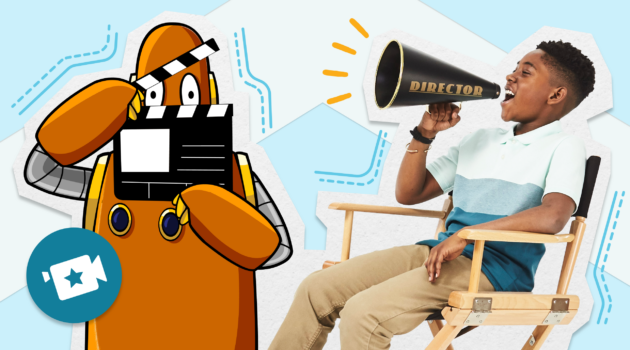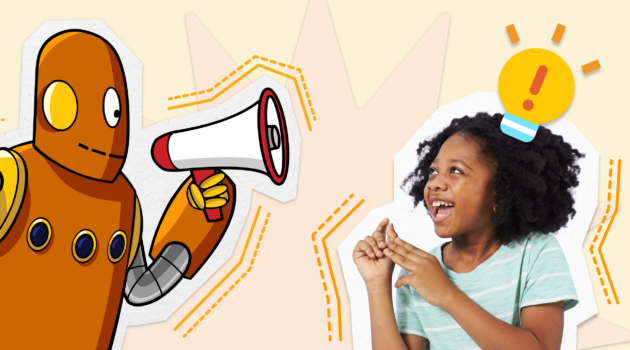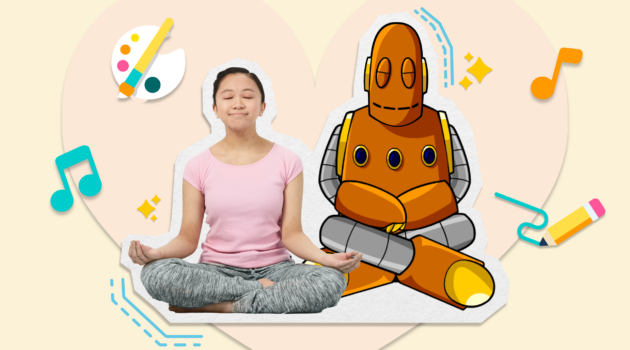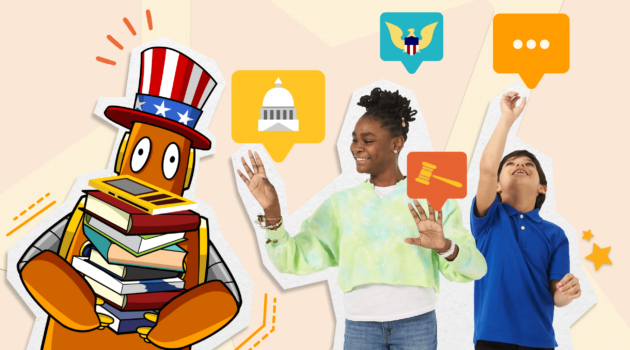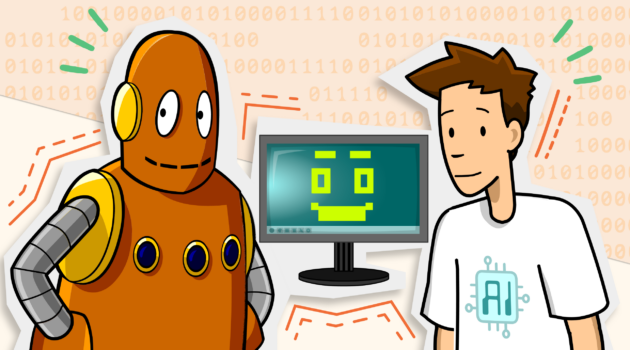Teaching Strategies
5 Skills Students Use When They Read Online
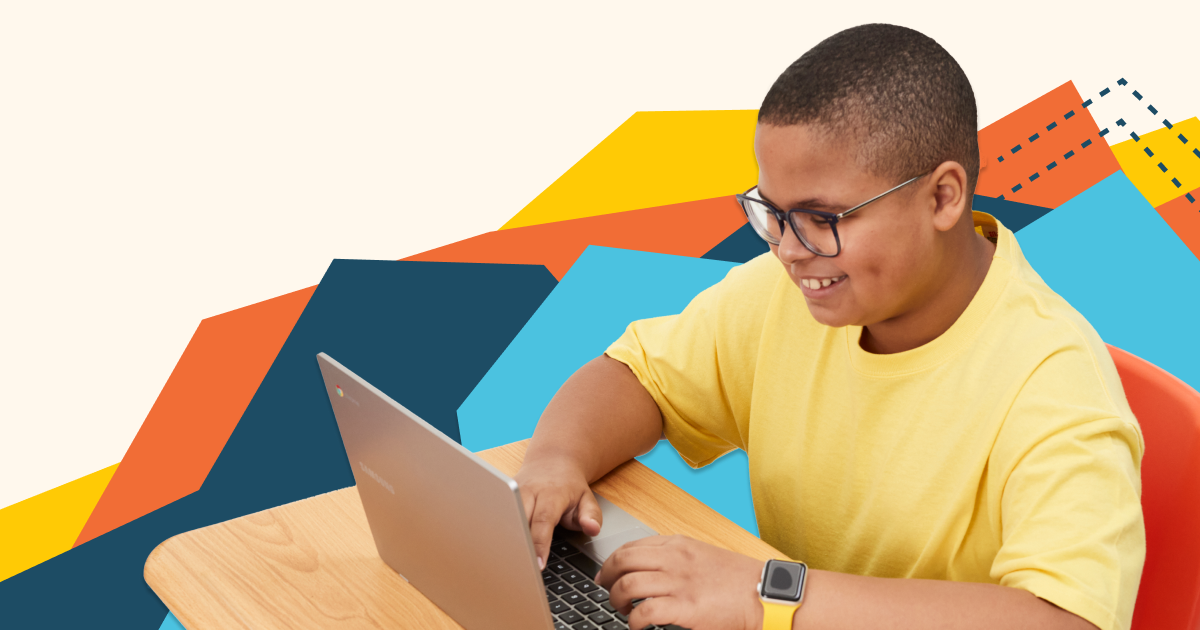
The more you read, the more you know. But in today’s digital landscape, the more you read, the more you know what’s true.
As digital natives, our students are expected to use the internet to search, comprehend, and evaluate the validity of a near-constant stream of digital content. A generation who grew up with technology must be natural digital citizens, right? Not exactly. That’s because essential literacy skills and digital literacy skills are inextricably linked, each requiring consistent practice to build the foundation that students need to navigate today’s world.
Essential literacy skills are the bedrock of digital citizenship
1. Decoding Digital Texts
The Internet hosts a wealth of digital content, from articles and blogs to infographics and interactive videos. Essential literacy skills allow students to decode these formats, ensuring access to information regardless of its presentation.
2. Comprehending Complex Ideas
Online messages are often hidden behind layers of context. The more background knowledge students have and the stronger their reading foundation, the more equipped they will be to dig beyond the surface, extract core ideas, and build meaning.
3. Evaluation and Critical Thinking
Reading critically enables students to evaluate source credibility, spot bias, and distinguish fact from opinion. These skills help students know the difference between what is real and what is not and make thoughtful, responsible decisions.
4. Navigation and Synthesis
Learning online often requires readers to jump between multiple tabs, articles, and sources to gather comprehensive information. Strong reading skills help students organize and prioritize information to build a holistic understanding.
5. Digital Engagement
Reading and understanding online content enables students to participate in digital discussions, forums, and social media. Students can build connections and deepen their knowledge based on content they’ve learned by reading.
Being a strong reader and a digital citizen go hand in hand
When students consistently apply their digital citizenship skills, they don’t just read things online; they think carefully about what’s true and worth sharing. Plus, whenever they like, share, or comment on something, they know to be careful about the mark they leave on the internet.
As the boundaries between the real and the digital continue to blur, it’s clear that reading and digital citizenship are both essential skills. Ensuring students master essential literacy skills in the digital world is not just about making them good readers, but responsible digital citizens who can make informed decisions in a connected world.
Katie Pothireddy is a product marketer on the BrainPOP team and a former vice principal, teacher coach, and classroom teacher. She holds a Master’s in the Science of Education from Johns Hopkins University.


